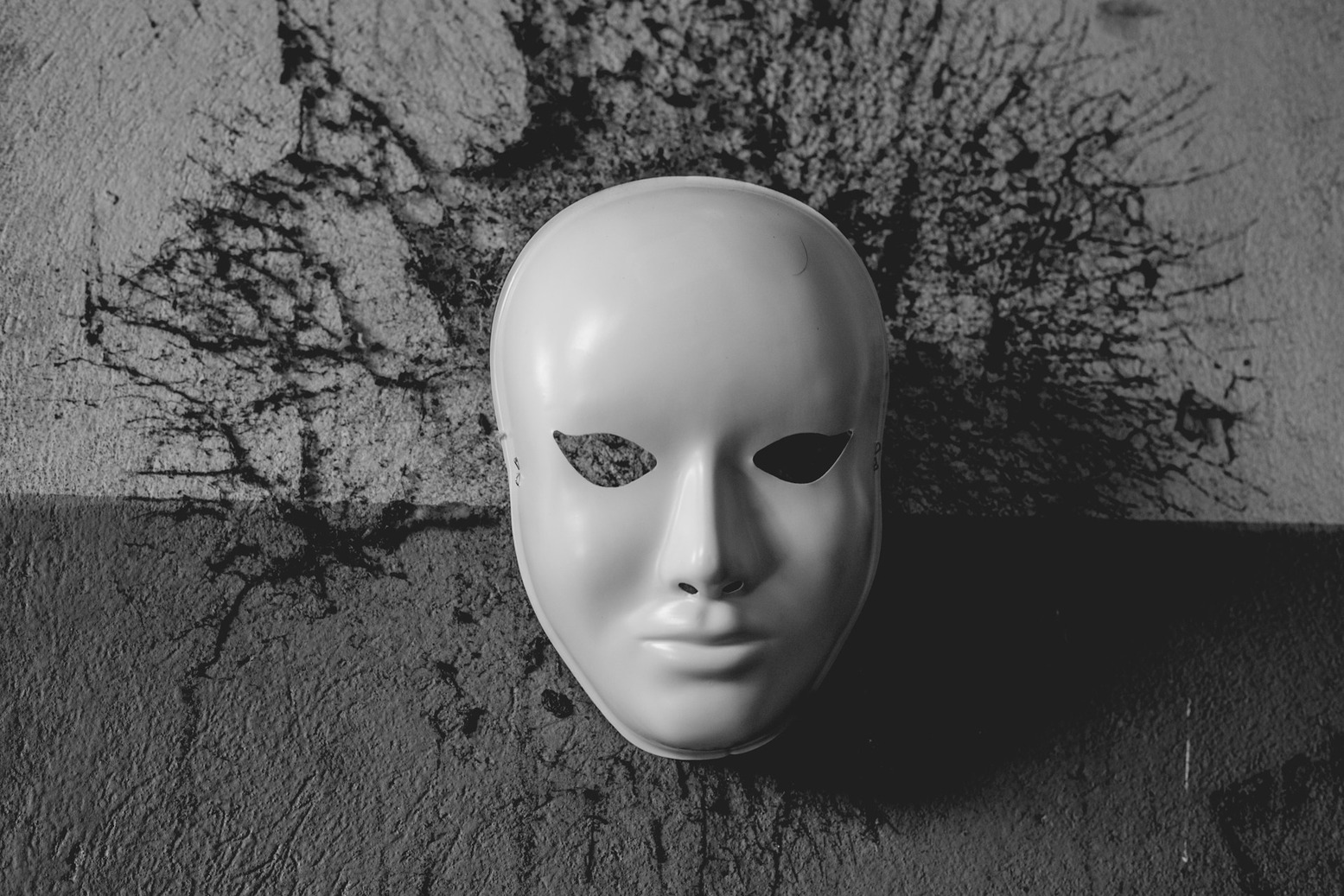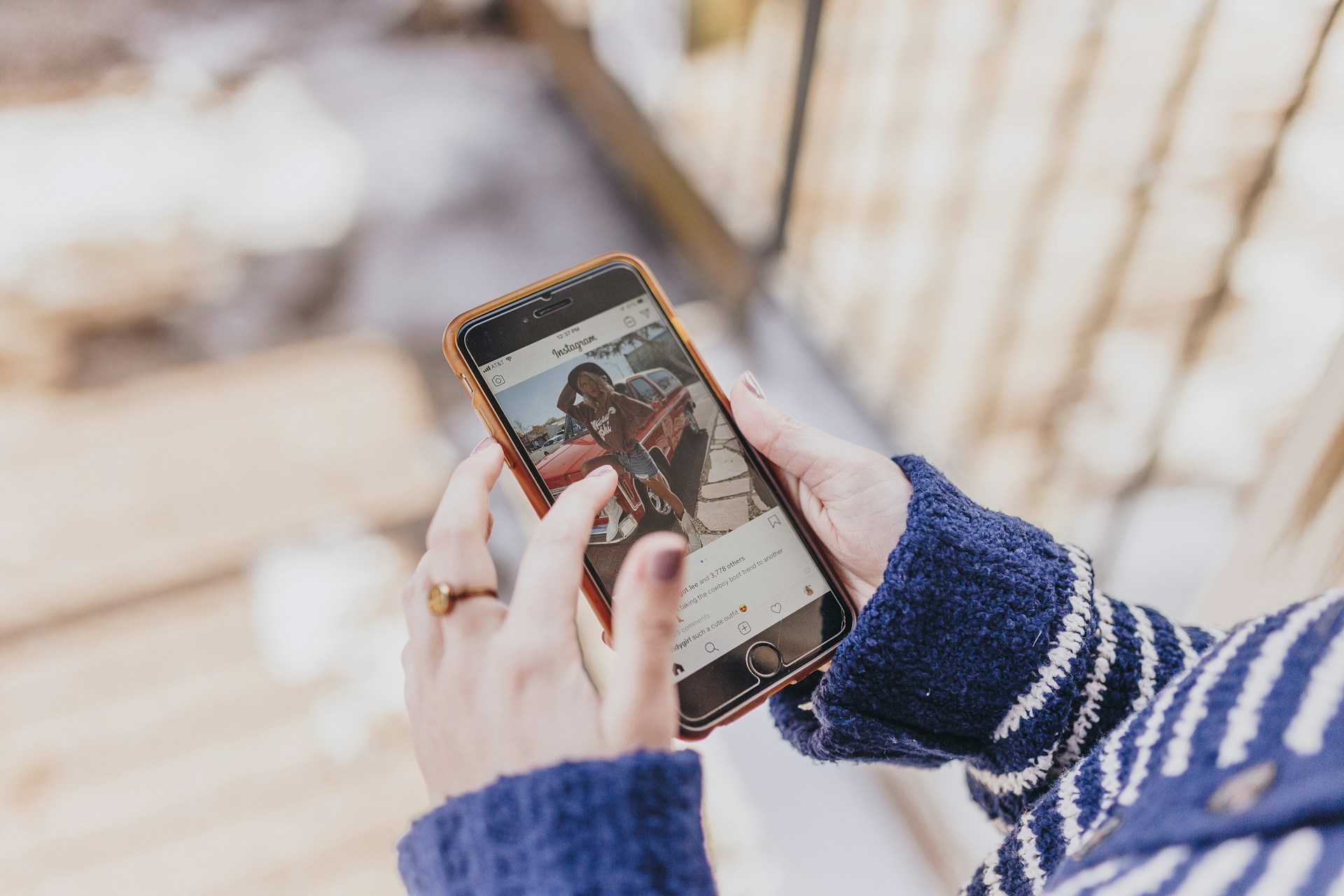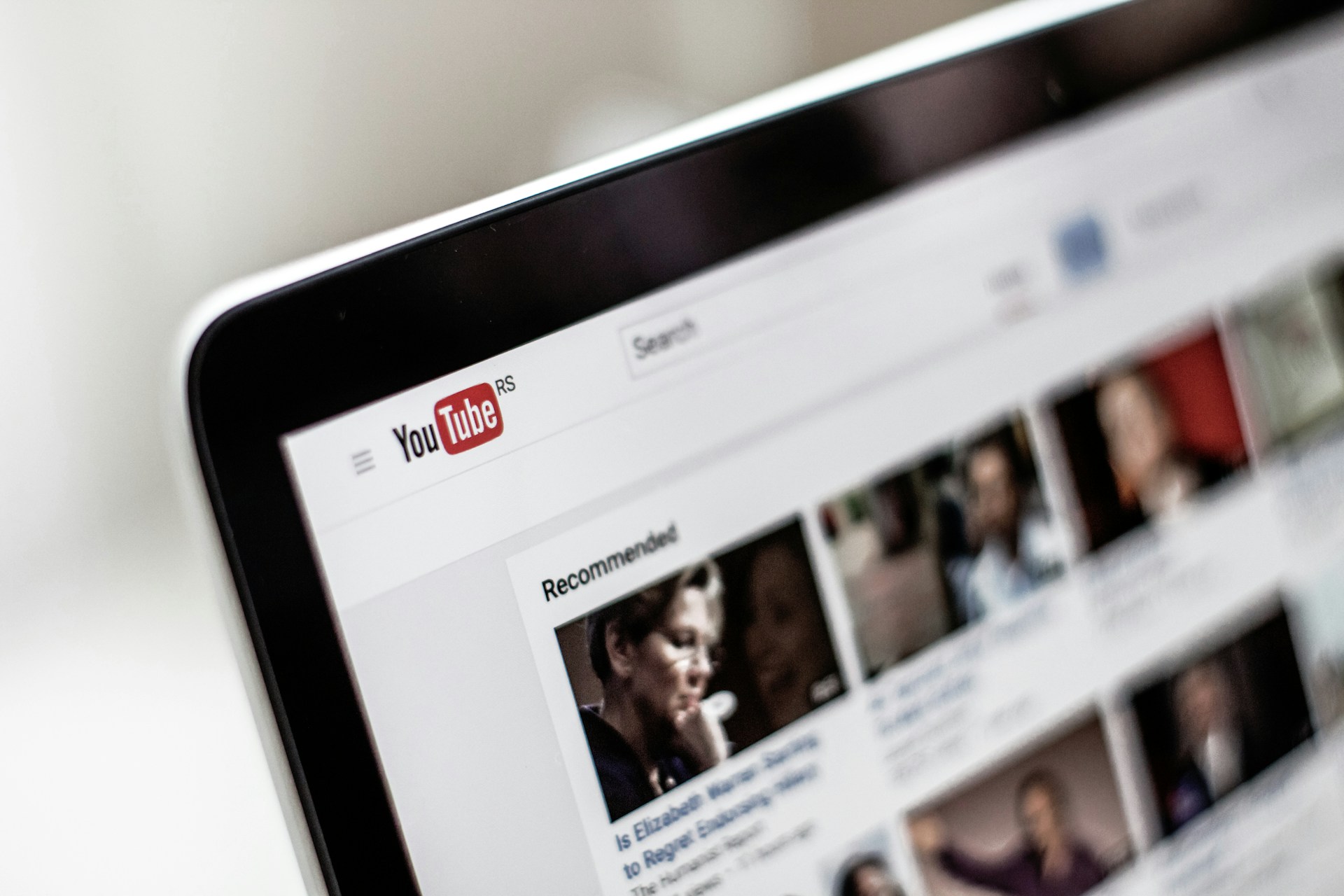Keep Your Personal Information Safe
Doxxing Awareness and Protection
Gain insights into the world of doxxing and learn how to safeguard yourself against it. Our experts cover topics such as removing content about yourself, reporting it when it happens, and the legality of doxxing across various states.
Gain insights into the world of doxxing and learn how to safeguard yourself against it. Our experts cover topics such as removing content about yourself, reporting it when it happens, and the legality of doxxing across various states.
How to Stop Avast from Doxxing You
Is Posting a License Plate Doxxing
How to Stop Avast from Doxxing You
Is Posting a License Plate Doxxing
Doxxing Jail Time: What You Need to Know
5 Lessons from the Administrative Results Doxx
The Dangers of Doxxing
Doxxing Jail Time: What You Need to Know
5 Lessons from the Administrative Results Doxx
The Dangers of Doxxing

Don’t have the time?
DeleteMe is our premium privacy service that removes you from more than 750 data brokers like Whitepages, Spokeo, BeenVerified, plus many more.
Save 10% on DeleteMe when you use the code BLOG10.

Don’t have the time?
DeleteMe is our premium privacy service that removes you from more than 750 data brokers like Whitepages, Spokeo, BeenVerified, plus many more.
Save 10% on DeleteMe when you use the code BLOG10.

























